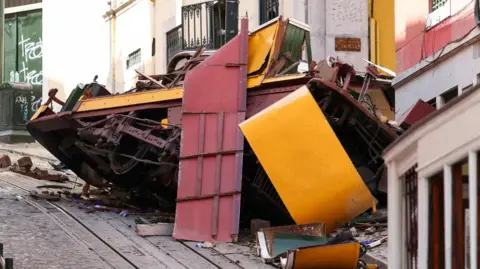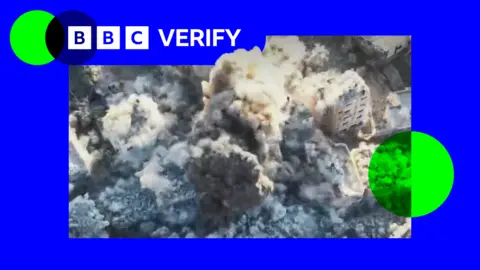Google's Android Earthquake Alerts (AEA) system recently came under scrutiny after it was revealed that during the 2023 Turkey earthquakes, which claimed over 55,000 lives, only a fraction of necessary alerts were issued to affected users. The system, intended to act as a "global safety net" for earthquake preparedness, reportedly missed sending its most critical "Take Action" alerts to more than 10 million people who could have benefited from a warning of up to 35 seconds before the catastrophic tremors. Instead, only 469 such warnings were dispatched for the initial 7.8 magnitude quake.
In a statement to the BBC, Google admitted to a significant miscalculation in the quake's severity, initially estimating it at a 4.5 to 4.9 magnitude when it was, in fact, much more severe. This misjudgment resulted in a mere half a million users receiving lower-tier warnings designed for minor shaking, failing to alert people most likely to be in danger during the early morning hours when many were asleep.
Google's AEA system operates by leveraging data from Android devices, which constitute over 70% of mobile phones in Turkey. The higher-level "Take Action" alerts are intended to override Do Not Disturb settings and trigger an alarm to ensure individuals are informed quickly. However, the performance discrepancy highlighted by subsequent analysis has raised questions about the reliability of such technology. After the earthquake, Google's researchers revised detection algorithms, simulating the event again, which successfully generated warnings for millions.
Experts in the field, including Elizabeth Reddy from the Colorado School of Mines, have expressed frustration over the delayed acknowledgment of these system limitations, emphasizing that improved accuracy is essential in addressing the risks of such disasters. While Google's AEA is touted as a supplementary tool, concerns linger regarding the over-reliance on technology in areas where traditional warning systems may be inadequate.
The implications of this incident poses broader questions about the balance between technological advancements and foundational safety measures, as scientists and disaster response officials caution that the public must not inadvertently place sole trust in systems that have not been comprehensively tested in real-world scenarios. As Google continues to refine its algorithms, the company faces increased scrutiny regarding the essential responsibility of providing accurate and timely warnings to safeguard lives in vulnerable regions.





















